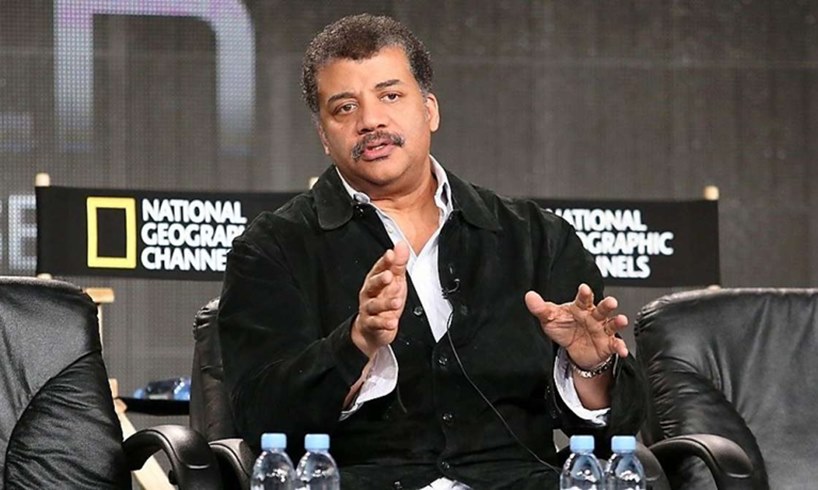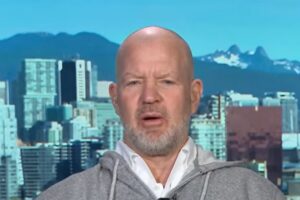
Astrophysicist Neil deGrasse Tyson took to Instagram over the weekend, sharing a post that has people freaking out.
Tyson explained that 2018 VP1, an asteroid roughly 2 meters in size, could strike the Earth. The asteroid that is big as a refrigerator could potentially enter the atmosphere on Nov. 2, the day before the presidential election.
According to the beloved science communicator, the large space rock is moving towards Earth at a speed of 25,000 miles per hour.
The planetary scientist wrote in the caption: “Asteroid 2018VP1, a refrigerator-sized space-rock, is hurtling towards us at more than 25,000 mi/hr. It may buzz-cut Earth on Nov. 2, the day before the Presidential Election.”
Many mind-boggling events have taken place in 2020 — the coronavirus that has paralyzed the word, wildfires, and two hurricanes hitting the same states at the same time.
People, who are worried, rushed in the comment section to ask questions about the asteroid that could clip the planet.
Some people wanted to know where is 2018vp1 impact zone and how much damage would it cause?
While the asteroid will not make it to Earth, (if it did enter the atmosphere, it would disintegrate due to its small size ); if it did, it would land somewhere in Russia, according to other experts.
The celebrity scientist reassured them that the asteroid is not big enough to cause any damage.
He went on to explain in his caption: “But it’s not big enough to cause harm. So if the World ends in 2020, it won’t be the fault of the Universe.”
Note that while 2018 VP1 has been classified by NASA as a “Near-Earth Asteroid” due to its orbit’s proximity to Earth, it is not at all viewed as hazardous because computer simulations indicated there is less than 1 percent chance of it colliding with this planet.
NASA previously said in a tweet: “It currently has a 0.41% chance of entering our planet’s atmosphere, but if it did, it would disintegrate due to its extremely small size.”
Paul Chodas, director of the Center for Near-Earth Object Studies at NASA’s Jet Propulsion Laboratory, added: “One thing the news media is misunderstanding is the extremely small size of the asteroid. There is little doubt that it would disintegrate in the atmosphere in the small chance that it might be headed for impact.”
The viral post had a lot of reactions in different corners of the Internet. Experts say it is always a good thing when science reaches more people.






